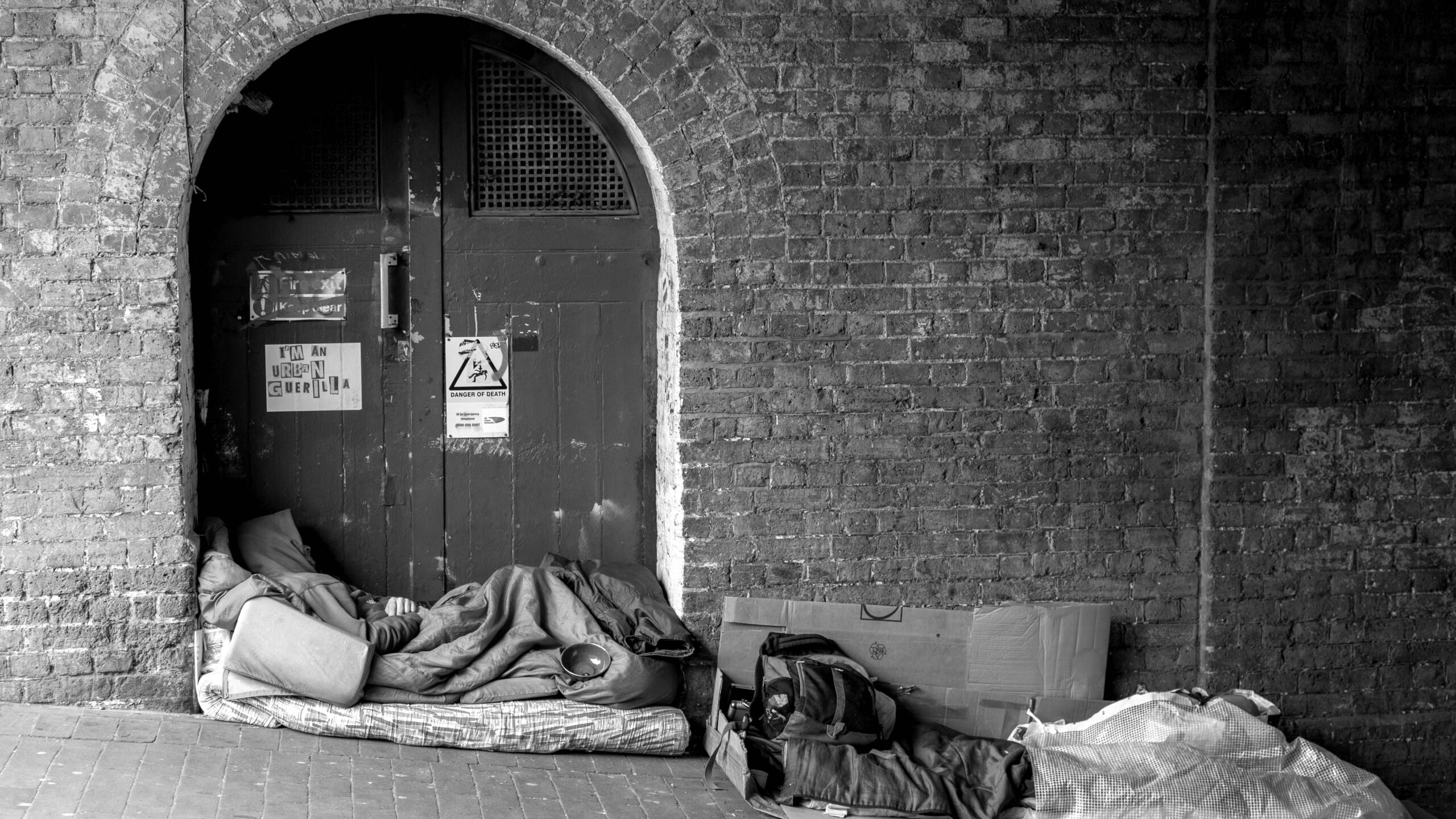The cost of living crisis and spiralling expenses have had far-reaching effects on society – including a rise in women taking on sex work.
Evidence submitted to parliament revealed 74% of female sex workers citing poverty and the need to support their families as the main motivation for starting in the industry.
The English Collective of Prostitutes (ECP) explained that “Most sex workers are mothers trying to do the best for their children.”
One woman told The Poverty Alliance why she works as an escort.
“It’s because I’m poor,” she said. “I can’t live off of benefits.”
Through her work as an escort she says she is able to provide her children with the basic essentials including food, clothes, warmth and safety.
A report by the Joseph Rowntree Foundation in the run-up to the 2024 General Election estimated that one in five people in the UK were living in poverty – a total of 14.3 million people.
And an article for Science Direct explained that “poverty and prostitution are inextricably connected.”
Data from the ECP predicts that there are around 100,000 sex workers currently in the UK, compared to 72,800 in 2021, although numbers are difficult to determine due to it typically being a hidden population.
These figures suggest that the number of sex workers in the UK has increased by approximately 37% since the beginning of the cost of living crisis.
Dr Fiona Vera-Gray, one of the UK’s leading feminist academics, said: “Economic inequality is a driver for violence against women and girls and it’s a driver for women entering prostitution.”
For some women who start working in the sex industry, they can make more money than they would from a minimum wage paying profession.
One sex worker told the Open Democracy: “As sex workers we earn at least double the minimum wage. We make enough to support five other adults in our families.”
The average annual salary for a sex worker is around £33,020, compared to the National Living Wage which is approximately £25,374 per year.
Although many individuals are starting sex work as a means to make money during this crisis, much like most other industries, it too is impacted by the decline in spending.
Research by National Ugly Mugs, a national organisation providing greater access to justice and protection for sex workers, found that seven out of 10 workers were directly experiencing negative impacts as a result of the cost of living crisis.
This was not limited to the expense of work supplies and a decrease in clients, but a problematic power imbalance as clients demand more services for less money.
Dr Vera-Gray explained the bias of this transaction in the industry, she said: “It definitely comes from a place of ‘I’ve bought you, now you have to do all of these things’.
“To actually make a difference, we need to go right back to root causes and that’s around value.
“It’s around valuing people as people.”




